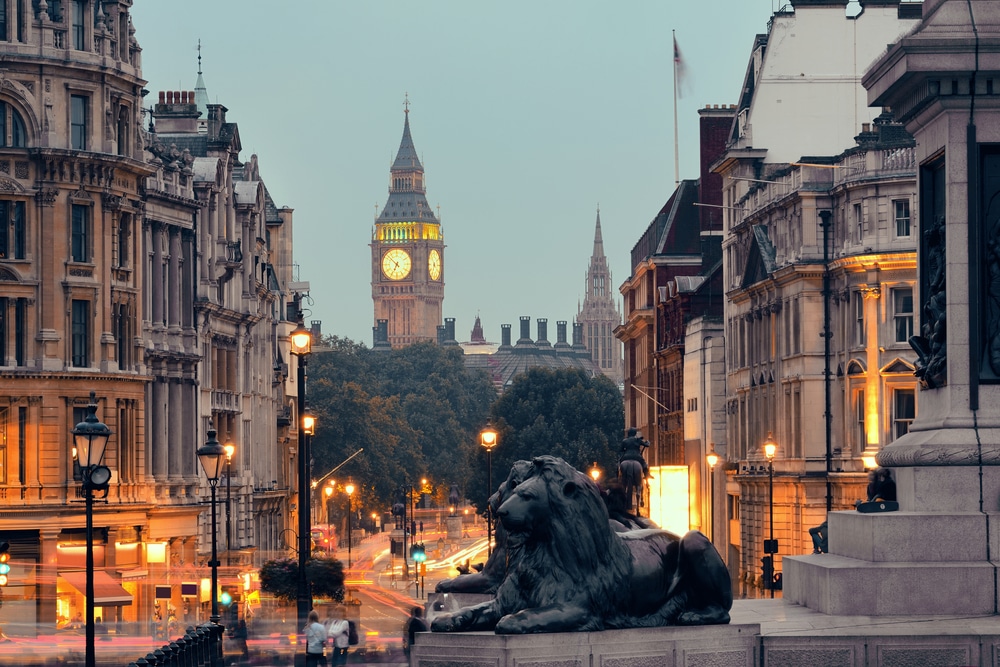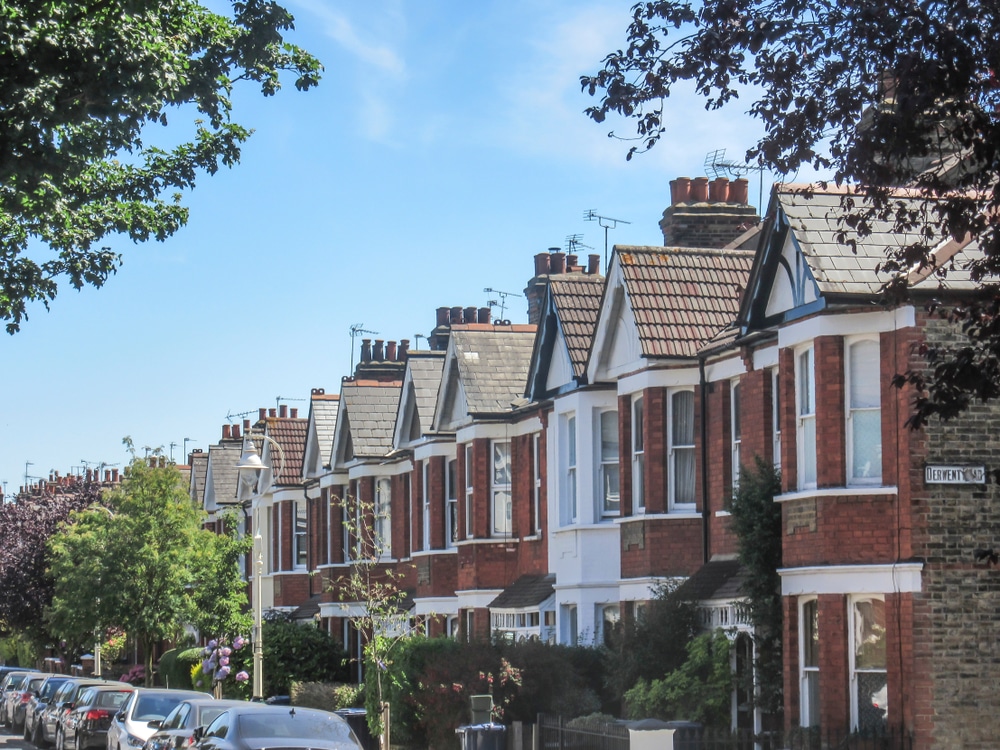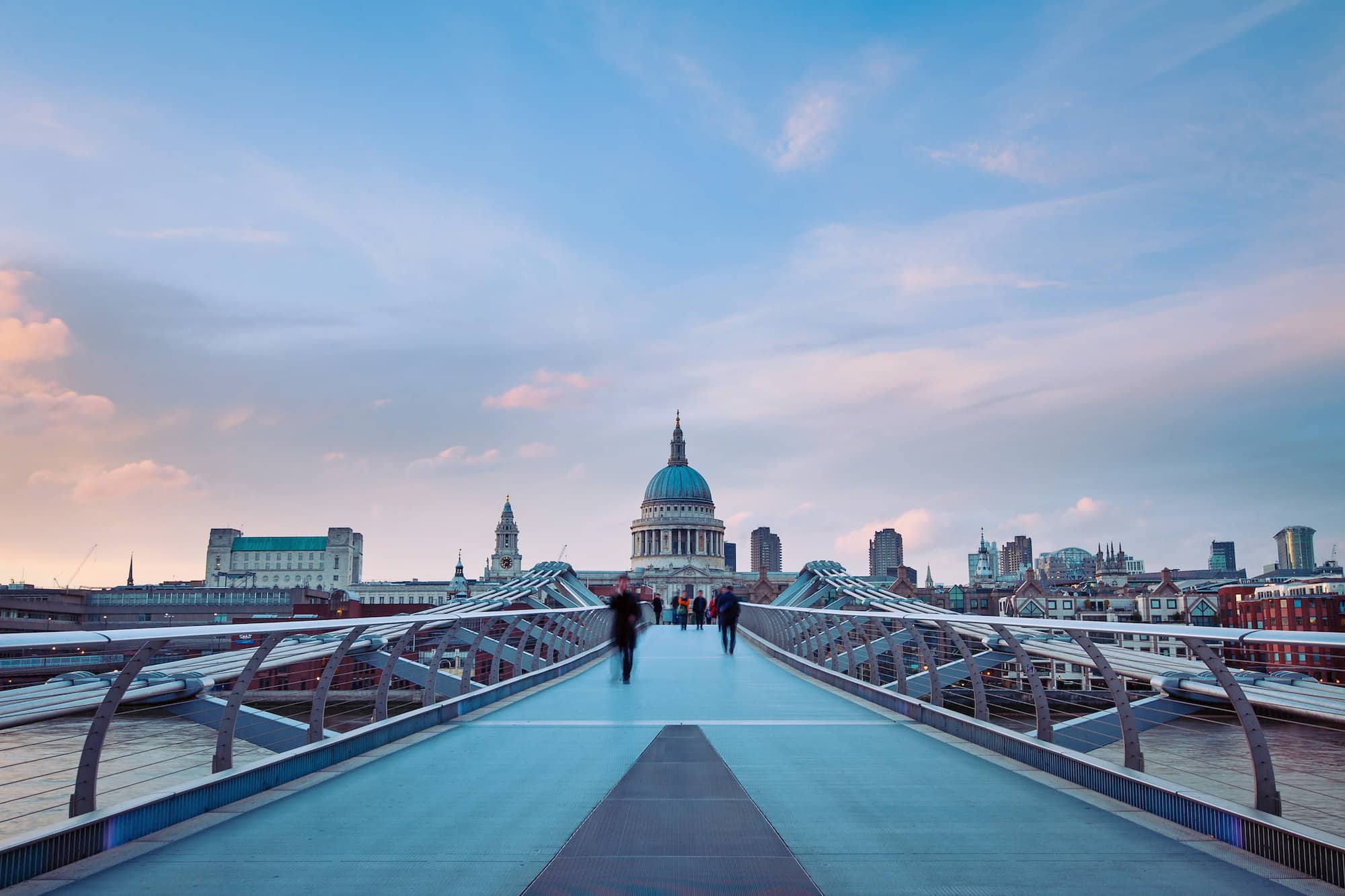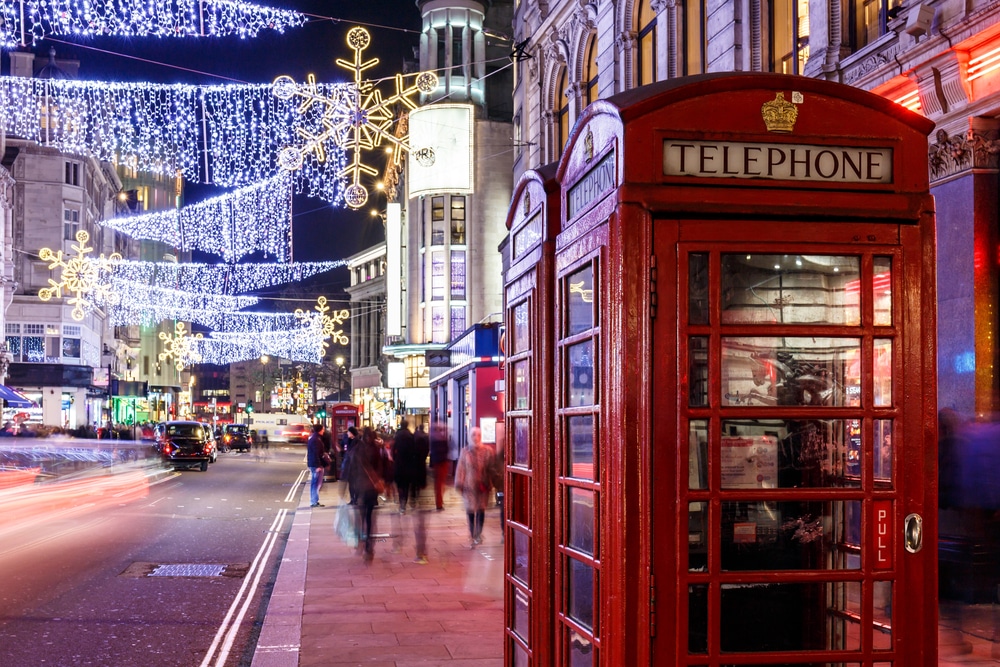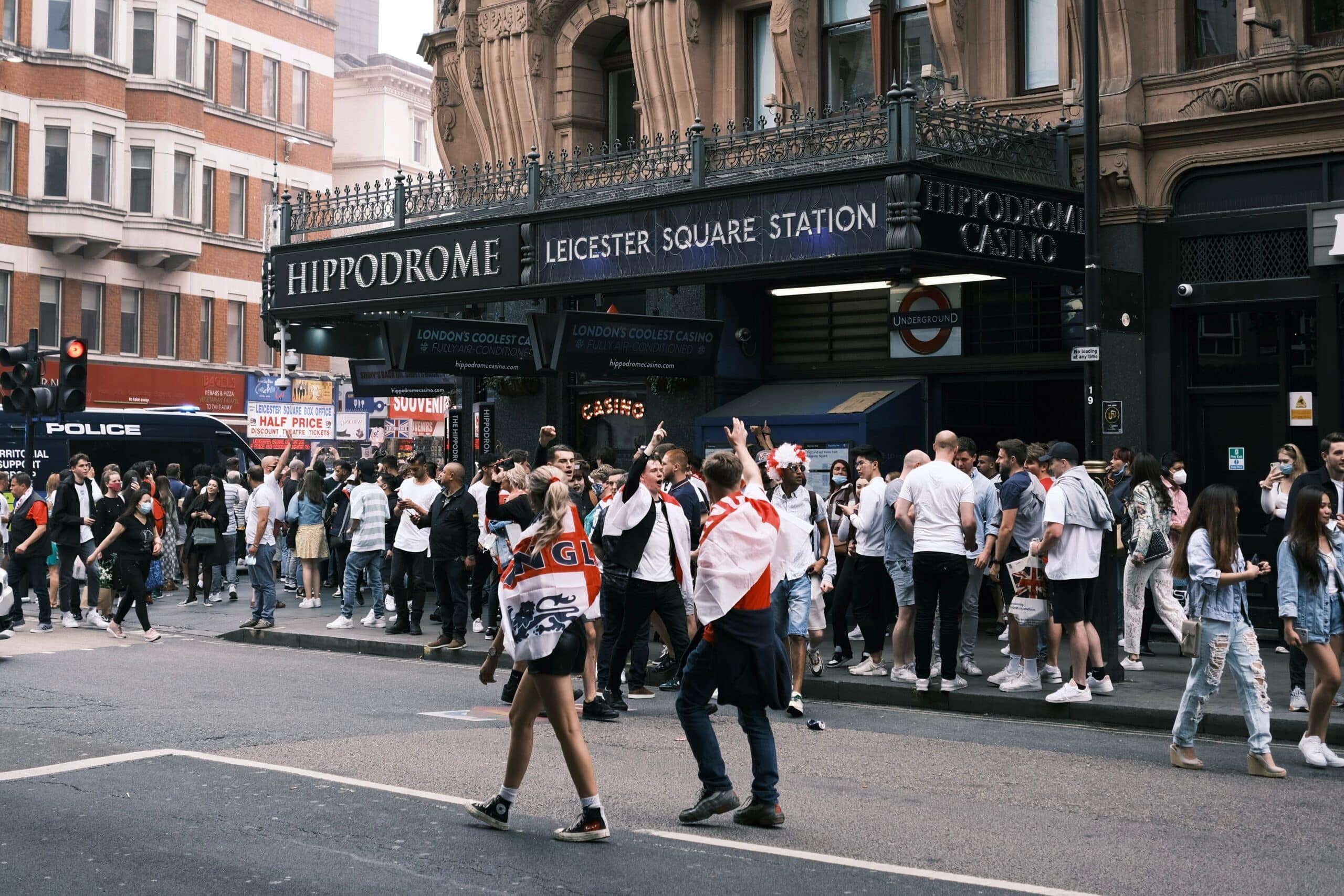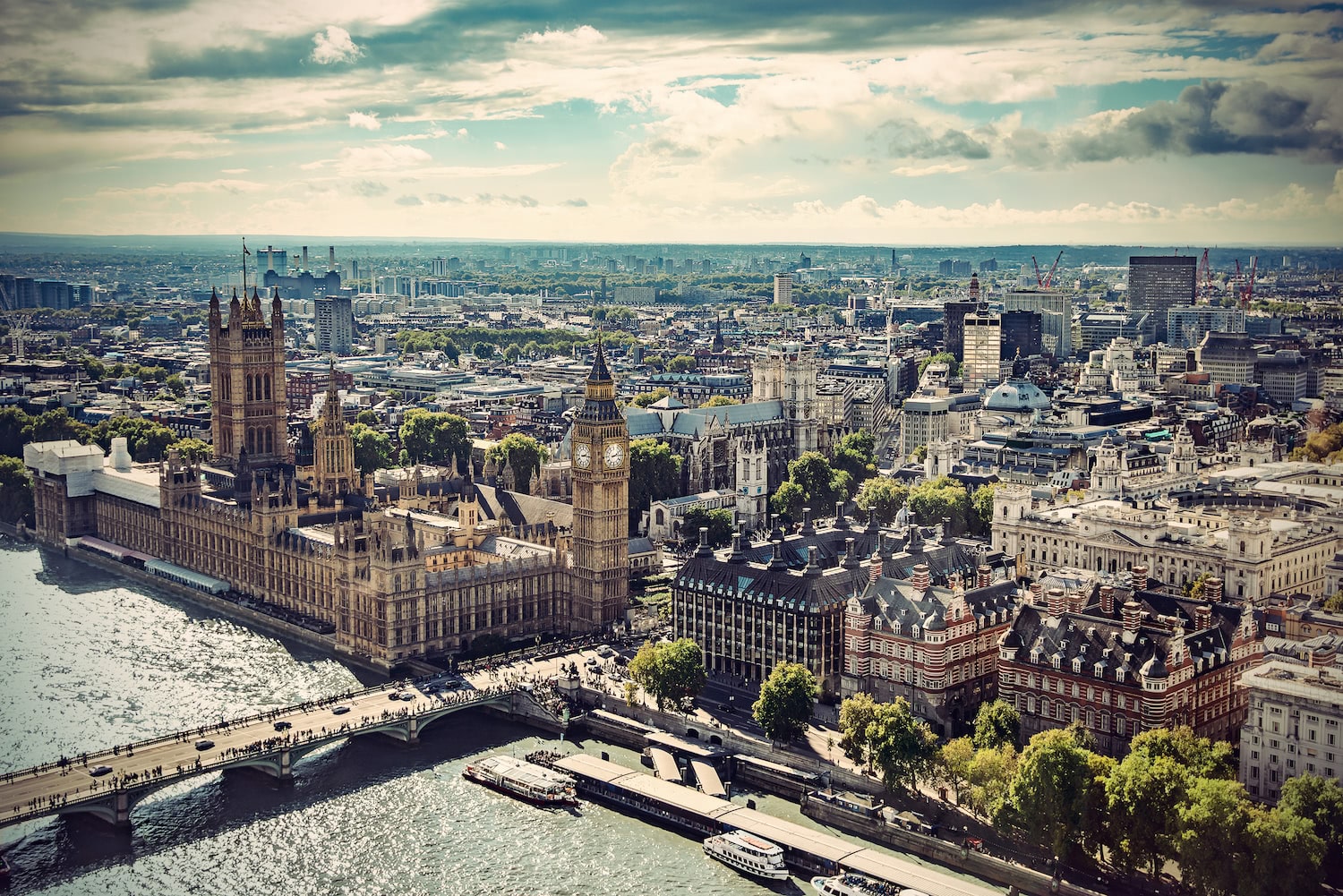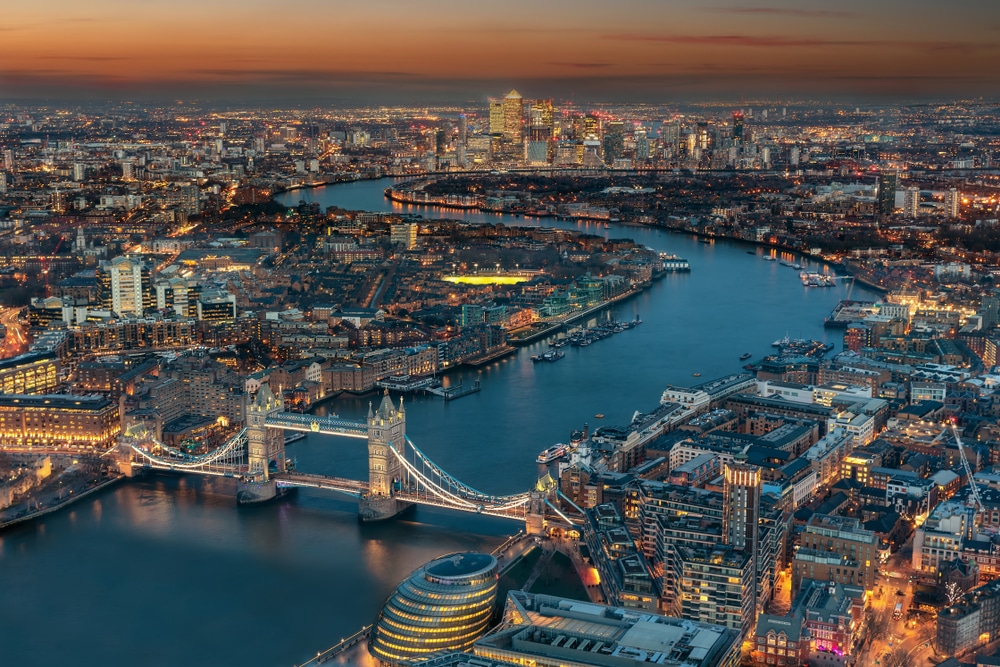Property prices in London, just like the rest of the UK and the world, are susceptible to changes. There are many different factors that can play their own role in how the price of your property fluctuates over time.
Maybe you’re wondering why you’re struggling to sell your home in London, but if you’re thinking about selling your property and are interested to see how its value may change over the coming months and years, read this article until the very end. Below, we’re going to explore 7 different factors that may affect the price of your property for the better or worse, starting off with the area where your property is located.
The Location of the Property
Despite the fact that the average property in London is more expensive compared to anywhere else in the UK, the exact area where your property is located still matters – a lot. This is because London, just like all major cities has what are considered good and bad areas.
If your property is located in affluent parts of London, such as Mayfair, West Minster, and similar, there’s a strong chance your property will almost never be cheaper than it was the year prior. This is largely because properties in the most affluent parts of London are always in extremely high demand, are very safe, and provide easy access to central London.
Now, if your property is located in outside of Zone 3 in a more run-down part of London, your property’s price will rely on the rest of the property market to move. In other words, if property prices are spiking across London, the price of your property will see an increase. If the prices are getting lower, your property will too be impacted.
Interest Rates
Another major factor that may affect the price of your London property are the current interest rates for mortgages and loans. With an average property price of £722,382, it’s hardly a surprise that the majority of property owners in London have mortgaged their homes.
And in an event where interest rates rise, the demand for properties across London will start to drop. This will also cause property prices in the whole city to decline. On the flip side, if interest rates are low and borrowing money costs next to nothing, your property in London will be in higher demand, which will drive its price up.
Supply & Demand
The more people there are that are after a single property, the highest the price of the property will be. In turn, if nobody is interested in a property, the seller doesn’t have many options, meaning that the buyer can negotiate a lower price.
Many different factors can affect the supply and demand for your particular property, but the two biggest factors are where the property is located and the current interest rates on loans. Other factors that can drive the interest of your property up or down is the condition of the property and the asking price.
Transport Links
In major cities such as London, living next to key transport links is crucial. This is mostly because the large majority of people in London don’t drive. It’s inconvenient, very expensive, and mostly a hassle.
Instead, people rely on the local public transport system, including buses, taxis/uber, and trams. As a result, if your property isn’t anywhere near good transport links, that will have a major impact on the price of your property.
Entertainment & Leisure Facilities
In a hectic city like London, entertainment and leisure facilities are essential for people who want to have a break from the hustle and bustle of the big city. If your property is located in a prime area for such activities, that will have a big positive impact on the price of your property. We’re talking:
- Major restaurants, bars, and cafes
- Cinemas and theatres
- Gym & sports centres
- Museums, galleries, and historical sites
- Parks, gardens, and forests
Potential for ROI
Most people looking at picking up properties in London do it for the sole purpose of generating a return on their investment over the coming years. If the market deems your property as one where the potential to generate an ROI isn’t particularly great, that will have an impact on buyer interest, and as a result, on the price of your property.
There are several things you can do to increase show the return on investment for your property, including:
- Providing interested buyers with data on the rental market
- Showing them how much by your property price has grown over the years
Major Developments Nearby
Are there any major developments happening nearby your property? If so, that can have a positive impact on the property of your price in the coming years. Things like new shopping centres, major hotels and businesses, and a new tram line are all major developments that can positively impact the value of your home once they’re finished.
Major developments have the biggest impact in areas that have been mostly neglected and are starting to go through a state of rejuvenation. If you have a property in such a location, you can expect to make a very decent profit once you decide to sell.
—
There are many factors that may affect the price of your London property. So, if you want to sell a tenanted property or your own home, timing the market is an important piece of advice that we can stand strongly behind. That way, you’ll get the most amount of money for your property.
Typically, the best time to sell is when demand is high and interest rates are low. Both of these factors will drive the price of your property up. From there, the only and arguably most difficult decision you need to make is when to sell your property.
If you have a property for sale, at We Buy Any Home, we’re interested in hearing about it. Selling your property with us is quick, easy, and stress-free.
